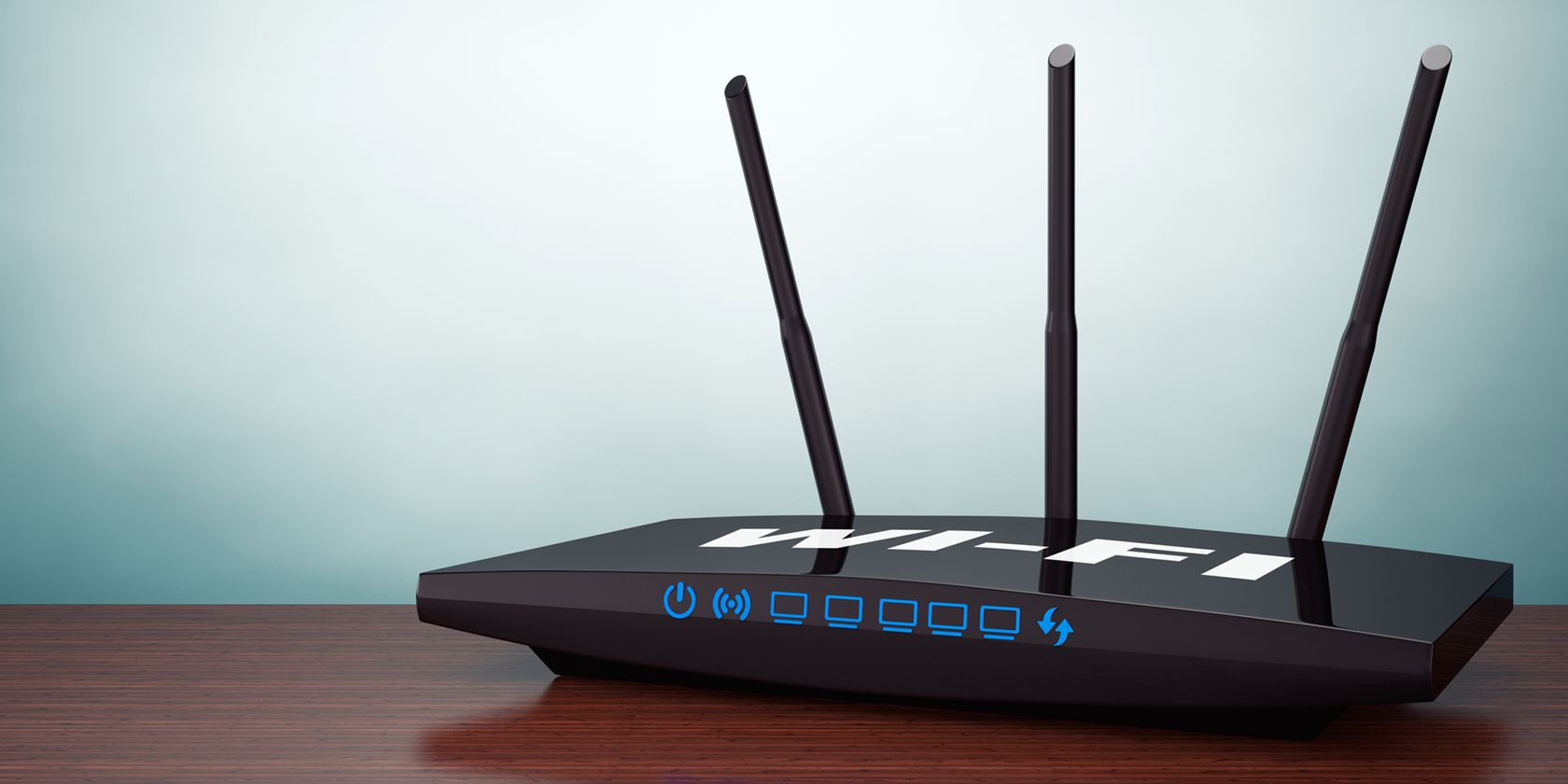It’s often a great relief to find complimentary Wi-Fi at the airport, train station, café, or hotel. However, it’s crucial to understand that these connections may not always be as secure as assumed.
Vincent Iachetta Jr., the president of Peppermonkey Media, explains why it’s wise to reconsider before connecting to public Wi-Fi.
What Are The Risks? Man-In-The-Middle Attacks
Hackers execute man-in-the-middle attacks by infiltrating the public network and intercepting your data as it travels from your device to the Wi-Fi router.
Vincent explains, ‘If you’re conducting online banking, hackers can intercept your passwords and account details, potentially stealing your credit card information, email address, and other personal data.’
Evil Twin Attacks
When seeking a public Wi-Fi hotspot, you might encounter a counterfeit version of the legitimate one. It could be labeled something like, ‘Free University Wi-Fi1’ or ‘Station Wi-Fi234’. By connecting to this clone instead of the genuine network, you’re essentially linking directly to scammers, risking exposure of your private information.
Malware-Infected Networks
Vincent cautions, ‘If hackers infect a network, they can distribute software bugs to any connected device. If you encounter a sudden pop-up, avoid clicking on it, as it could contain a malicious link.’
Session Hijacking
If a cybercriminal gains access to your device while you’re browsing online, they can duplicate your data. Then, they’ll take over your browsing session, impersonating you. Subsequently, they can pilfer your money, personal information, or identity.
How Can You Protect Yourself?
Vincent offers some key strategies for thwarting scammers on public networks:
Always utilize a VPN (Virtual Private Network) when using public Wi-Fi. It encrypts all your data, preventing hackers from viewing it.
Employ a Password Manager to shield your passwords from cybercriminals.
Vincent advises, ‘Avoid engaging in sensitive activities like online banking when using free Wi-Fi. If necessary, access your banking information via an app using 4G.’
Ultimately, Vincent’s simplest advice is: ‘Use your mobile data instead of risking public Wi-Fi. The inconvenience of depleting your data is trivial compared to the potential consequences of having your personal details stolen by scammers.’
Source: Techeconomy

